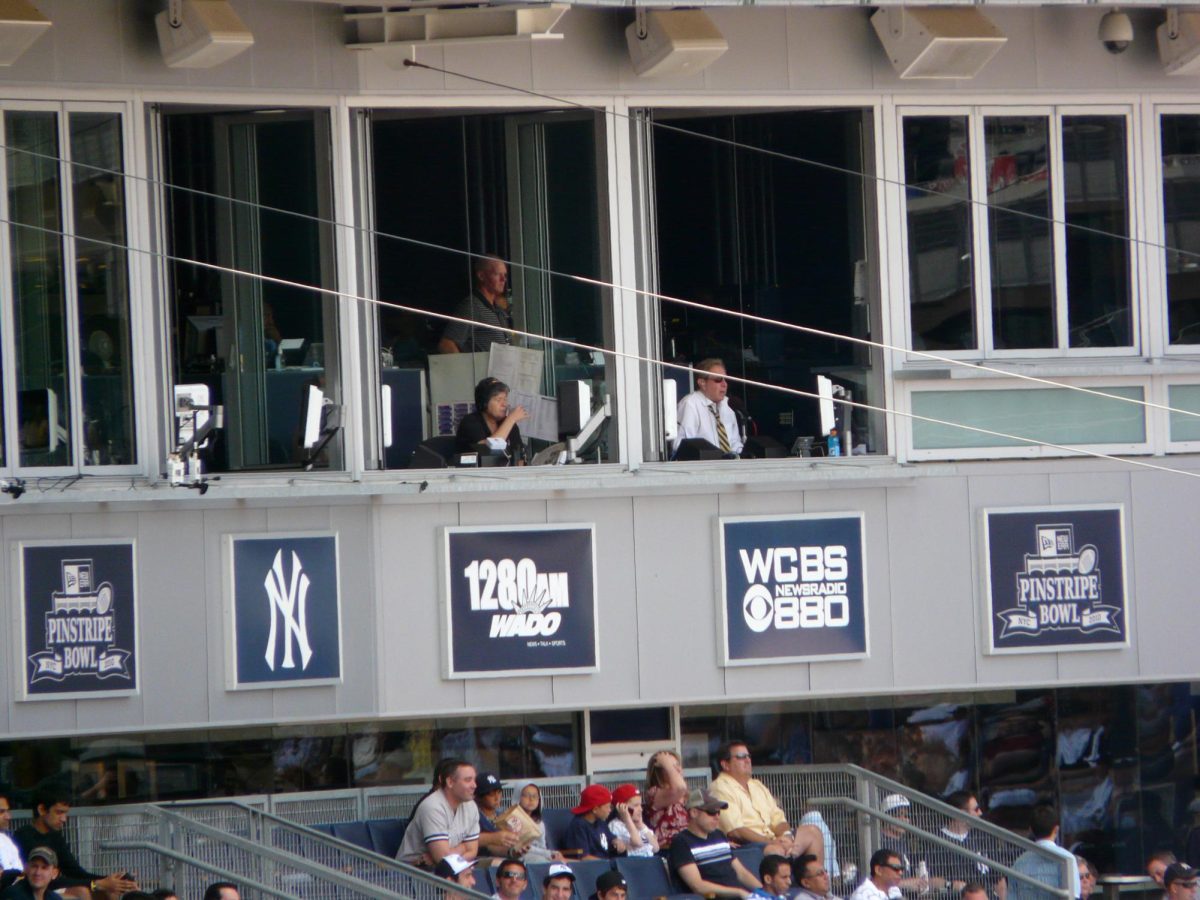When the Houston Texans took a commanding 31-11 lead against Peyton Manning’s Denver Broncos in Week 3 of the NFL season, most would have assumed that the game was all but over. In the season following Tim Tebow’s miracles, Denver seemed to lack the kind of fourth-quarter magic they’d once had.
All this was believed, at least, until the Broncos put up 14 unanswered points to pull within six points of the Texans. As the fourth quarter progressed, more and more Houston defenders seemed sluggish as Peyton Manning led his troops down the field on two separate drives before ultimately falling short. The Texans’ defense, which had only allowed 11 points for the first three quarters of the game, gave up 14 points in the final 15 minutes as if a switch had been flipped on at Mile High Stadium.
The image of Houston defenders standing with their hands on their thighs gasping for breath is familiar to anyone who has visited Colorado. With its elevation over a mile above sea level, the air in Denver has 17 percent less oxygen than the average city in the U.S. In sports, this lack of oxygen leads to decreased performance, especially in anaerobic activities.
I experienced this phenomenon firsthand last summer while living in Colorado. Although I’m a marathon runner, my first run at altitude ended after only 15 minutes with me keeled over and out of breath. Walking back to my house, I started to think back to Tebow’s “miracles” and how much they could be attributed to fatigue for the opponents whose bodies were not used to the mountain air.
As was apparent during Denver’s matchups with Pittsburgh and Houston this season, opponents have a tough time battling fourth-quarter fatigue, giving Denver a competitive advantage with or without Tim Tebow.
In fact, for four of the last five seasons, Denver’s point differential in the fourth quarter has been an average of 17.25 points per season higher at home than on the road.
In simple terms, Denver is a significantly better fourth-quarter team when at home than on the road. As opponents become more and more starved for oxygen, the Broncos — who live and breathe that air every day — are unaffected and thus are able to gain an edge.
During the 2011 season, the Broncos were not outscored in the fourth quarter of a single home game. While some fans may point to an alleged “Tebow Effect,” the fourth-quarter phenomenon in Denver is not limited to just last season. In 2010, the Broncos scored 15 more points than their opponents in the fourth quarter of home games compared to a deficit of 34 points in away games. Their quarterback that season wasn’t Tebow; rather — for the first 13 games, at least — it was Kyle Orton.
Of the past five seasons, 2008 is the only year in which this trend was not present. That year, the Broncos were outscored by a combined 30 points in the fourth quarter of home games, a stat that can be accounted for by a large swing in fourth-quarter performance at the end of the season. In two of their last three home games, the Broncos were outscored by 14 points in the final period. With the knowledge we have now that both the head coach and quarterback would be gone by the start of next season, a late-season swoon in performance is no real surprise, due to a probable lack of motivation to grind out the end of games.
Even as Denver sits at 2-3 in the 2012 season in a weak division with Peyton Manning as quarterback and such a strong home-field advantage, the Broncos have to be the favorite to win the AFC West.
The Broncos have not finished with fewer than four wins since 1982, and in their worst season since then — 2010 — the team reached the four-win mark because of a fourth-quarter comeback. Even in the worst of seasons, the altitude swings games in the Broncos’ favor, always making them a threat to overachieve.
Corey Blaine is a senior in the McDonough School of Business. THE BLEACHER SEATS appears every Friday.














